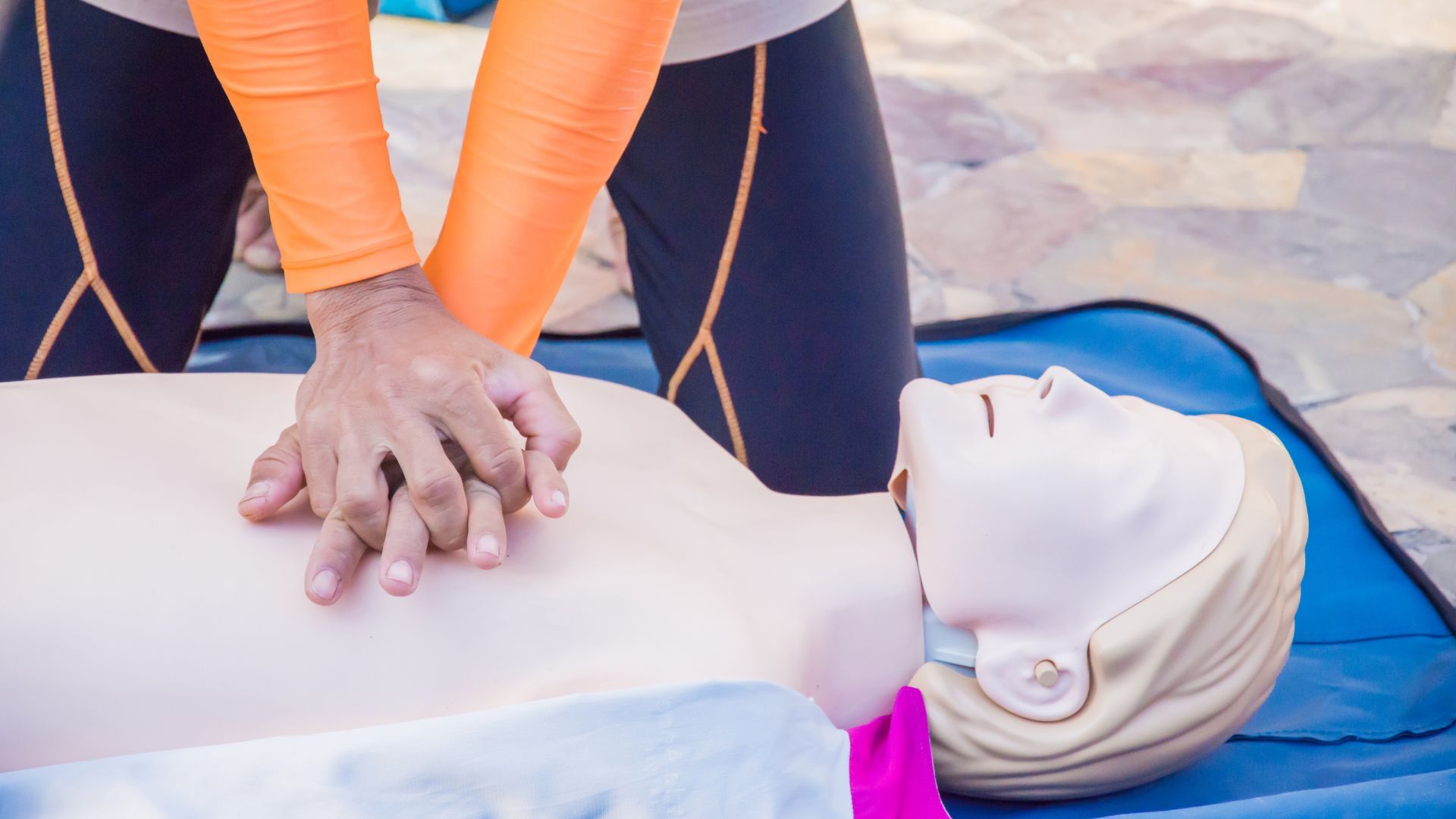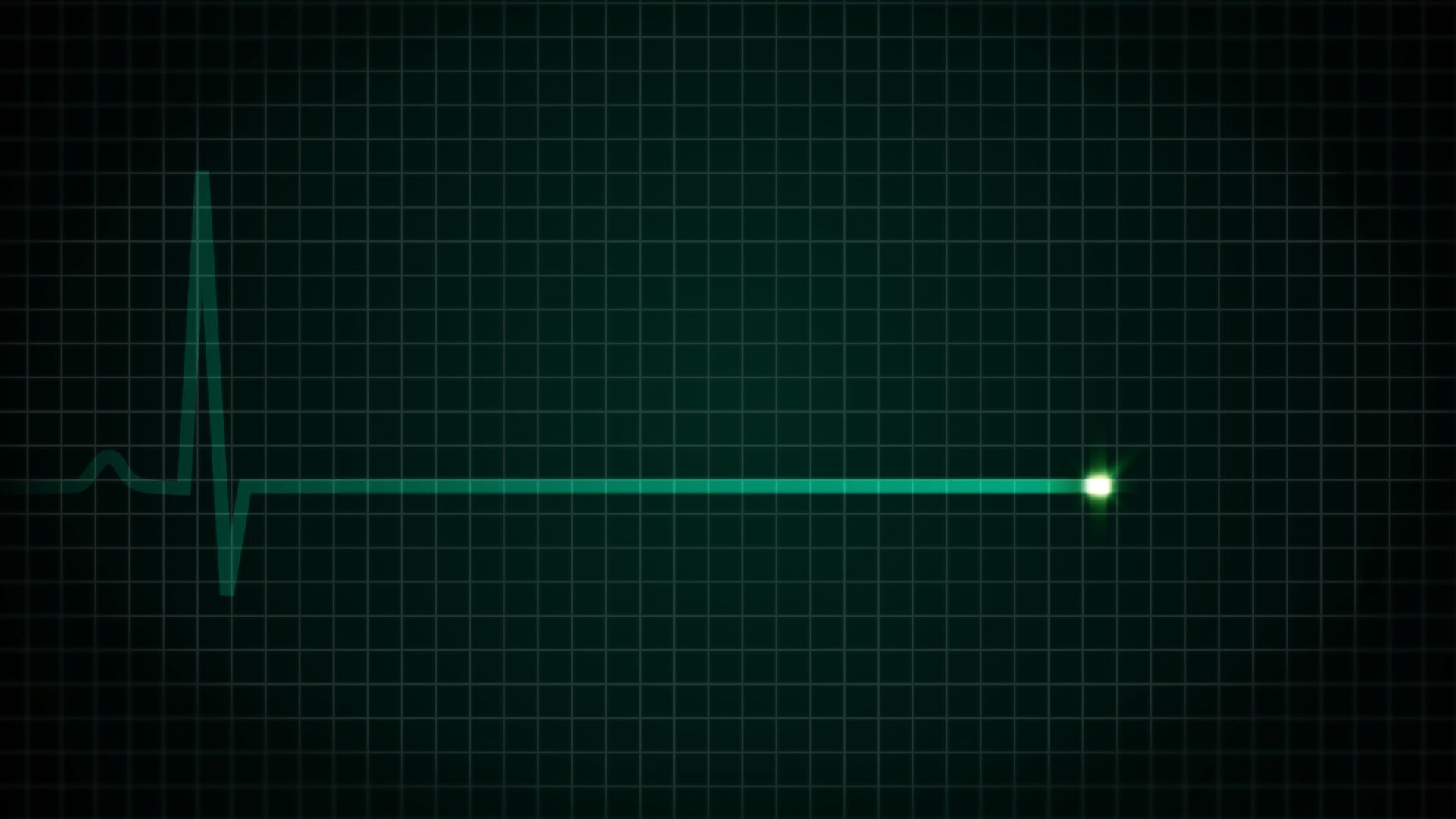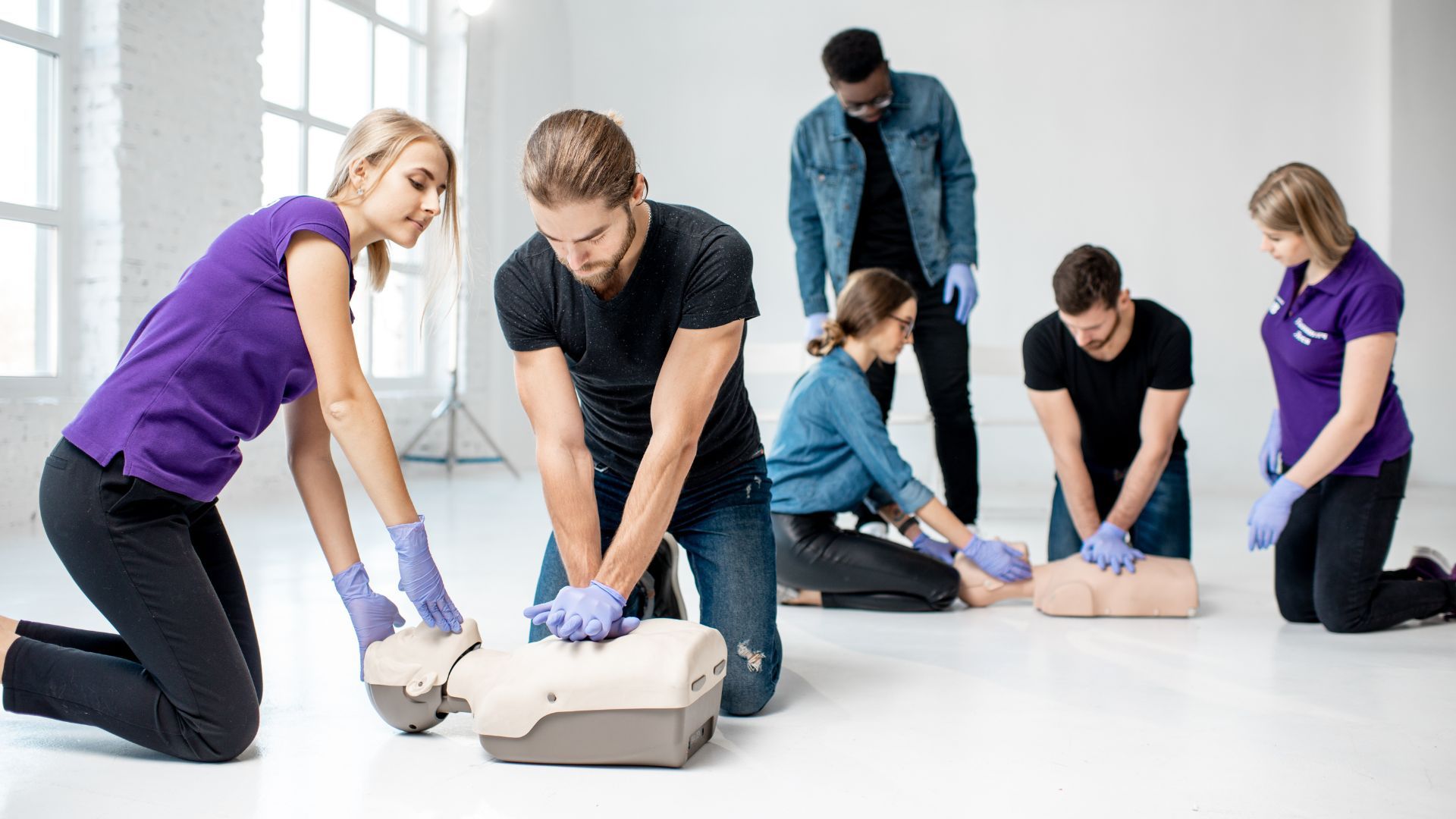Paramedic
Contents
Paramedic
Pronunciation: PAH-ruh-med-ik
Definition:
A paramedic is a healthcare professional who provides advanced emergency medical care, often in pre-hospital settings, and during transport to healthcare facilities.
What is a Paramedic?
Overview:
Paramedics represent the highest level of training in the field of emergency pre-hospital medical care. They are skilled in advanced medical procedures and are equipped to handle more complex medical emergencies compared to their counterparts like EMTs.
Key Facts About Paramedics:
- They can administer medications, interpret electrocardiograms (EKGs), and perform advanced airway management.
- Work primarily in ambulances but also in helicopters, fire departments, or hospitals.
- Their training is extensive, often requiring them to complete a formal education program followed by state or national certification.
Paramedic | Symptoms & Causes
What are the common scenarios Paramedics respond to?
Paramedics often address:
- Cardiac arrests.
- Severe allergic reactions.
- Trauma incidents like car crashes.
- Severe respiratory emergencies.
- Overdoses and poisoning.
What causes the need for Paramedic intervention?
Potential reasons include:
- Acute medical conditions.
- Traumatic injuries.
- Complications during childbirth.
- Severe mental health crises.
- Large-scale emergencies or disasters.
How do Paramedics diagnose medical conditions?
Paramedics utilize:
- Advanced patient assessment: Beyond basic evaluations, they might employ tools like EKGs to diagnose cardiac conditions.
- Vital sign monitoring: Using advanced equipment to continuously monitor critical parameters.
- Communication: Coordinating with medical directors or physicians for advice on patient care.
What are the common treatments provided by Paramedics?
Treatments include:
- Advanced Life Support (ALS): Includes intravenous therapy, medication administration, and advanced airway techniques.
- Cardiac monitoring and intervention: Interpreting EKGs and providing treatments like defibrillation.
- Trauma care: Addressing severe injuries with advanced interventions.
- Specialized care protocols: Depending on the region, paramedics might be trained in special procedures like rapid sequence intubation.
More Articles





